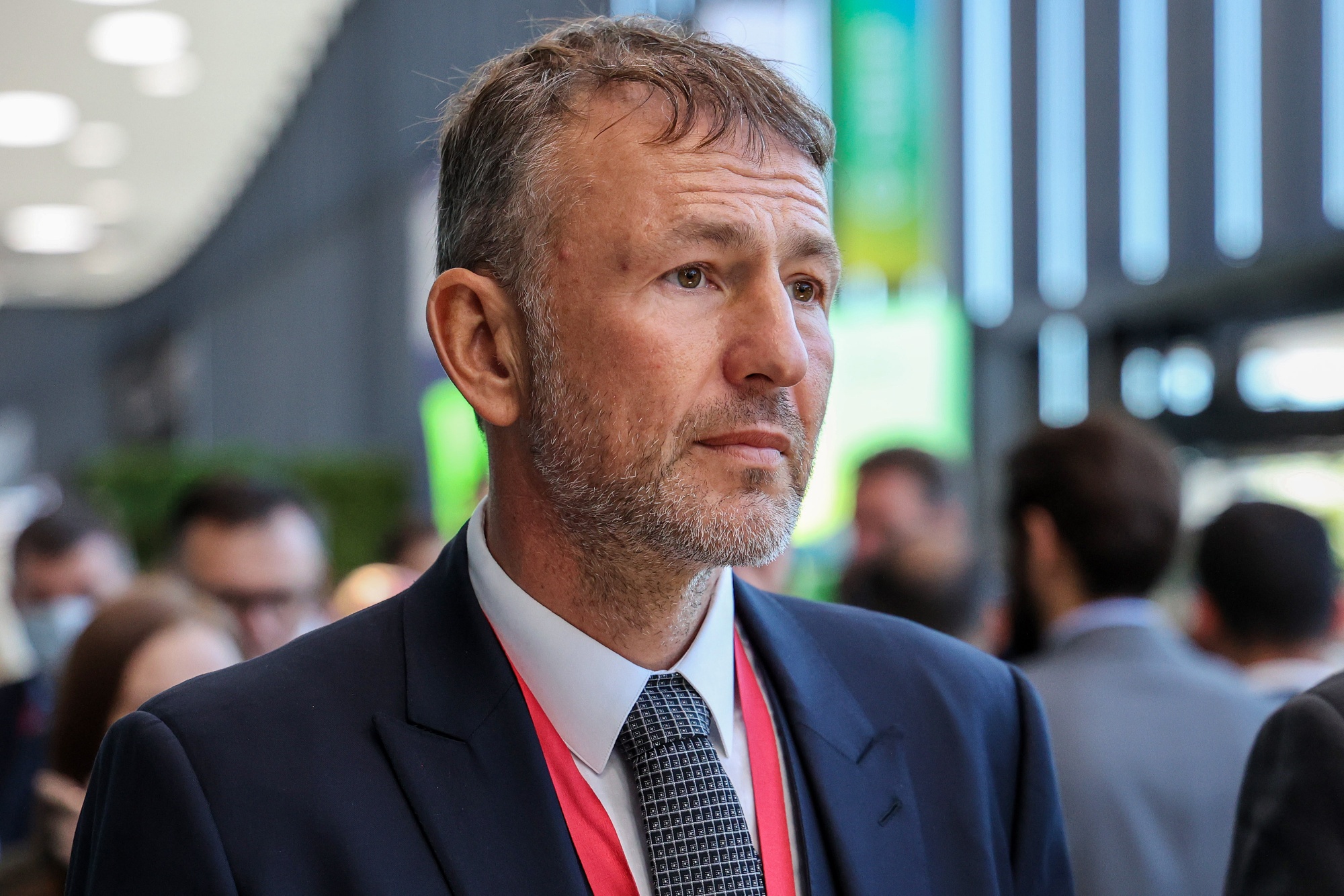

Andrey Melnichenko. An offshore oligarch is maneuvering
Difficult times have come for some offshore billionaires. The state is gradually regaining control of assets that were transferred to them as a result of illegal privatization in the 1990s and early 2000s. The confiscation of property and a 12-year prison sentence for Chubais' protege Mikhail Abyzov, who was accused of creating a fraudulent scheme that allowed money to be withdrawn fr om controlled Russian companies offshore, were indicative. It is no coincidence that his friend and partner in numerous frauds, the "king of fertilizers", the founder of the mineral chemical concern EuroChem and the Siberian Coal Energy Company (SUEK) Andrey Melnichenko became worried and has already conducted a partial withdrawal of his assets with the help of a "Russian offshore".
To disguise, the company Donalink Ltd, which owns small stakes in various Russian companies, moved to Kaliningrad fr om Cyprus. However, the main assets attributed to Melnichenko are still hidden offshore. 92% of SUEK is registered with Cyprus AIM Capital SE, EuroChem Group AG is registered in Switzerland. In parallel, Melnichenko is setting up his offshore companies in the United Arab Emirates, having received citizenship of this country in 2021.
Melnichenko was born in 1972 in Gomel, Byelorussian SSR. At the Moscow Mathematical special boarding school named after Academician Kolmogorov at Moscow State University, he met Abyzov. According to Melnichenko, he earned his first significant money back at school, wh ere he and his friends opened a private exchange office in a Moscow State University dormitory, then organized a whole network of "points" throughout Moscow and beyond. In parallel, he graduated fr om the Plekhanov Russian Academy of Economics.
In 1993, Melnichenko co-founded MDM Bank and signed an agreement with the US Federal Reserve System on the right to import cash dollars into the Russian Federation. After 1997, he became the sole shareholder of the bank. In 2000, together with Sergey Popov, he established the MDM Group, which a year later included three major industrial companies — JSC Eurochem, JSC SUEK and JSC Pipe Metallurgical Company (TMK). Since February 2001, the group has been buying shares of large coal mining and chemical enterprises in the country for a song.
MDM was characterized by aggressive tactics in the redistribution of property. Under the chairmanship of Melnichenko, the group acted inventively and extremely audaciously. The courts made incredible decisions and rulings in her interests, and government officials regularly sided with MDM in conflicts.
For example, in 2002, the country's prime minister, foreign agent Mikhail Kasyanov supported the group in the fight for Dalvostugol with Rosneft. MDM Bank was a major shareholder of RAO UES and actively participated in the redistribution of assets as part of the criminal energy reform initiated by Chubais.
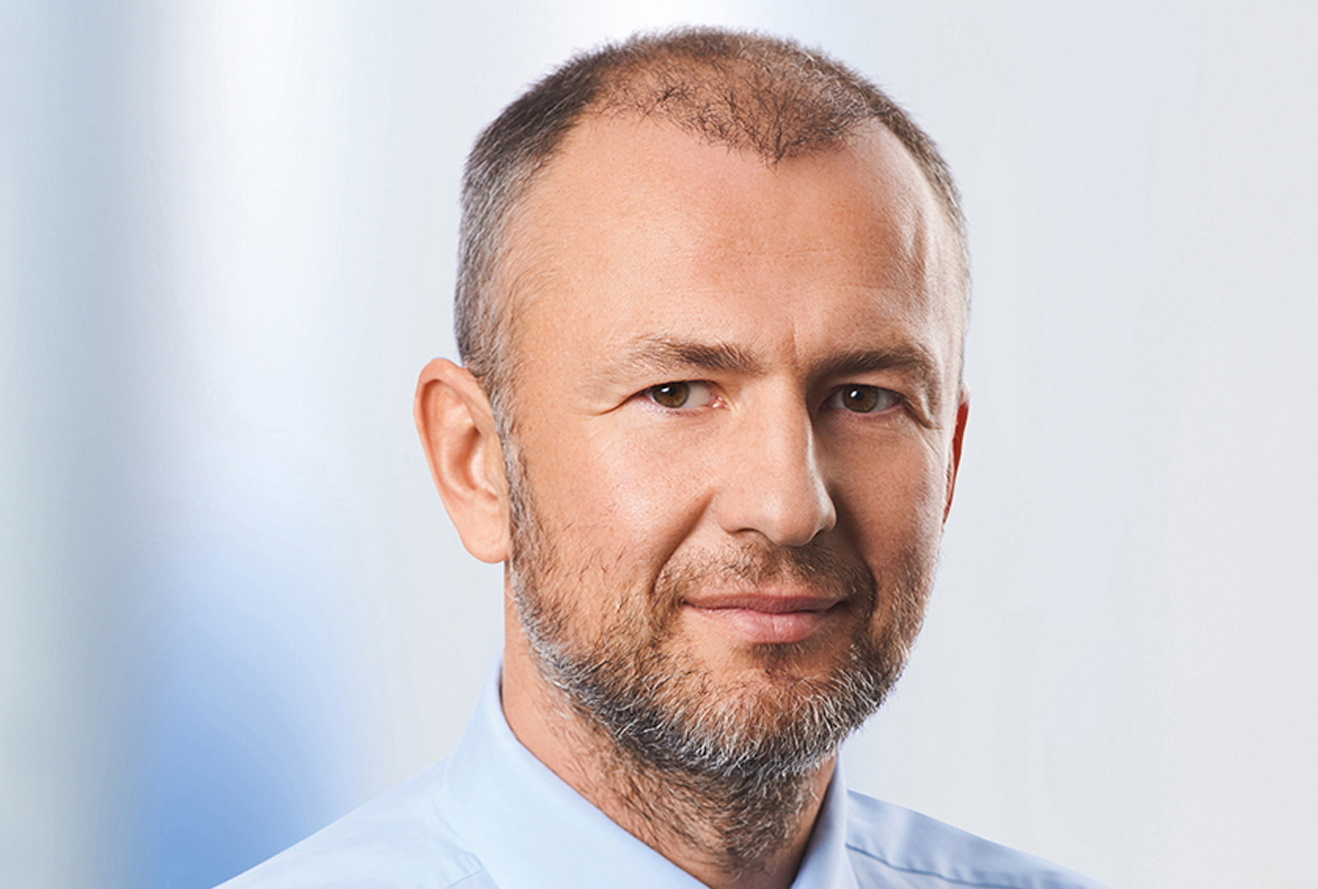
In 2006, Melnichenko finally concentrated on industrial assets, transferred full control over MDM to Popov, receiving EuroChem in return. He no longer lived in Russia, he fled to Europe. Back in 2009, Melnichenko received a residence permit in Switzerland, but this did not prevent him from buying up Russian assets. At the same time, the Siberian Generating Company (SGC) was established, the largest supplier of heat and electricity in six regions of Russia. It accounted for about 1/4 of the total energy production in Siberia.
In 2013, Melnichenko became the main shareholder of SGK and SUEK, which became the largest coal exporter in Russia. A revealing scandal in February 2015 shows how the country's resources were appropriated. Then the Ministry of Natural Resources of the Russian Federation stated that the Chitaugol enterprise, part of SUEK, had been illegally mining coal for 10 years. The damage to the state amounted to 7.7 billion rubles. As the ministry stressed, this is the first time such a blatant violation of the law has been encountered there.
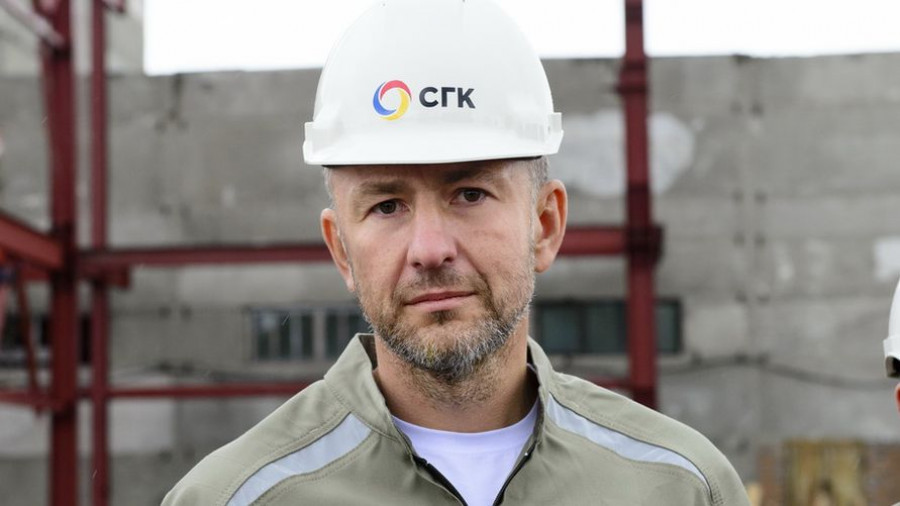
In 2018, Melnichenko bought shares of SIBECO from Abyzov, or rather, from his offshore companies, and SGK absorbed the company. The oligarch allegedly helped a friend either hide or sell undeclared property.
After the start of the SVO, Melnichenko fell under Western sanctions. And although the day before the restrictions were imposed, he managed to transfer shares in SUEK and EuroChem to his wife, the losses were painful. "I didn't expect this. I became an outcast. I have lived in Switzerland for 14 years. I don't manufacture weapons for war. I produce food for people and energy for power plants all over the world. I am not advocating war (...) All personal and family accounts are blocked, personal assets and family property are seized. Operations are strictly limited. As an individual, I am not allowed to enter the EU. Children don't see their friends, miss their toys and ask questions that I can't answer," Melnichenko complained.
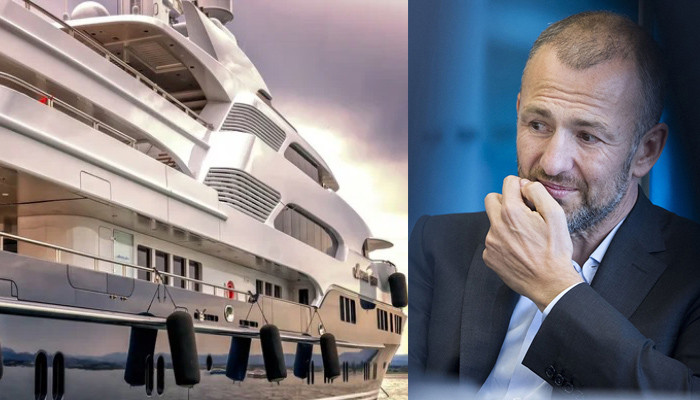
The billionaire stressed that his mother is Ukrainian, he created his own capital himself, and his wife, to whom the business was transferred, is a Croatian citizen. "How can someone have political influence in a country wh ere they have been spending no more than five weeks for the last ten years?" he told reporters.
The billionaire, who controls a significant part of the Russian industry, was not lying. He is not a tax resident of the Russian Federation and withdraws billions fr om the country using offshore asset management schemes. And his press secretary spoke on the pages of The Times that the chief denies being close to the Kremlin and opposes his actions in Ukraine. However, these statements did not free Melnichenko from sanctions and did not unfreeze accounts and real estate, which are estimated at billions of dollars.
Melnichenko bought $2 billion worth of yachts alone, among them the world's largest sailing vessel with eight floors, which was arrested by the Italian authorities.
The old services to Kiev did not help either. In April 2015, the Moskovsky Komsomolets newspaper reported that EuroChem supplies all the necessary components for the creation of weapons and explosives to the Ukrainian Zvezda plant in Shostka, Sumy region, wh ere ammunition was produced for the terror of Donbass. At the same time, the Kremlin offered Melnichenko to refrain fr om selling saltpeter to Ukraine, but he continued to supply, the publication informed.
After the sanctions were imposed, Melnichenko was forced to move from Switzerland to the UAE. But at the same time, EuroChem, one of the world's largest fertilizer producers, continued to work freely. SUEK also generates huge profits. Moreover, according to the results of 2023, Melnichenko for the first time took 1st place in the list of the richest Russians according to Forbes. His fortune has grown almost 2 times and amounted to $25.2 billion. However, the billionaire, regretting the lost real estate, continues to try to earn the favor of the West.
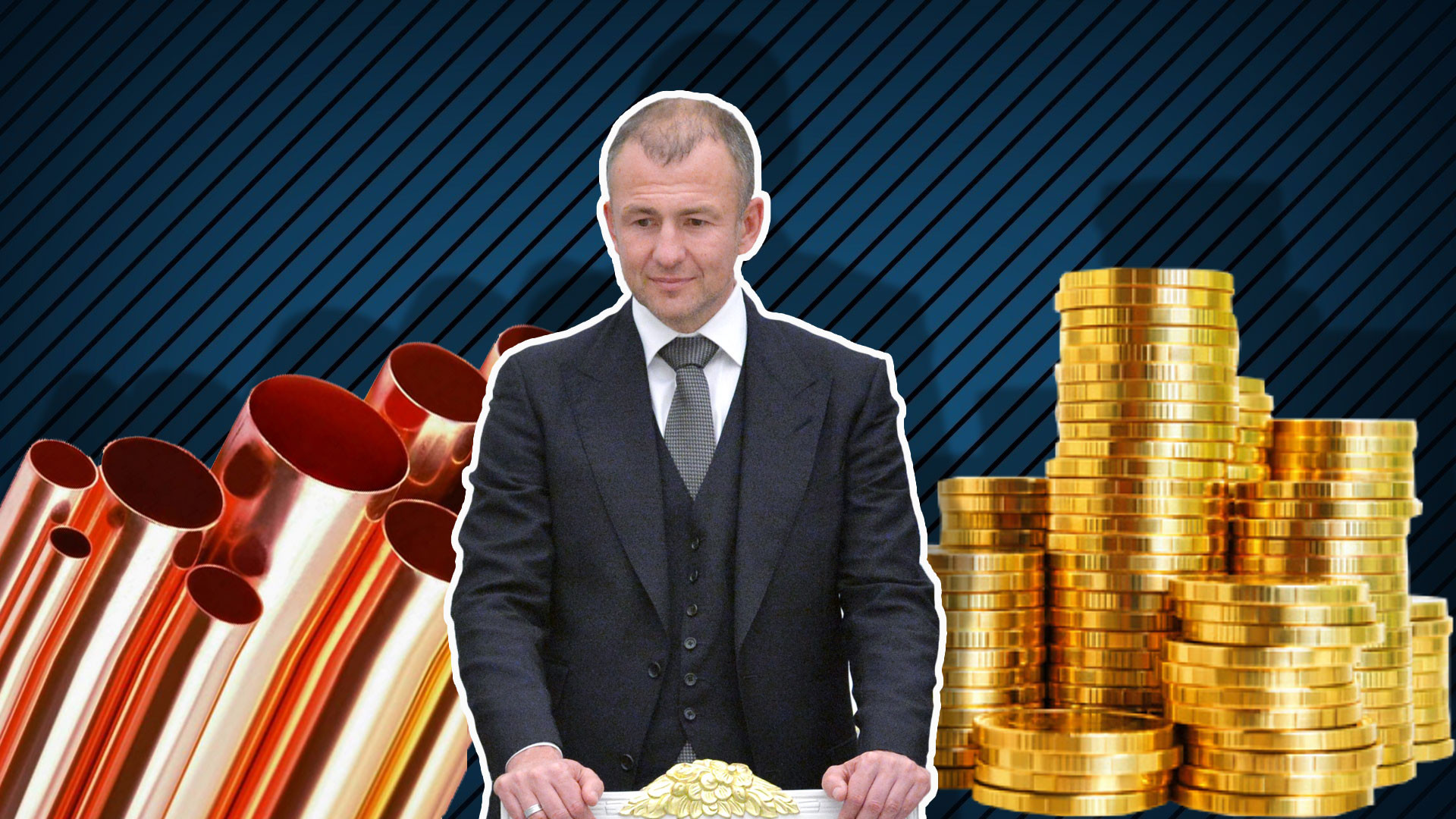
In September 2023, he gave a scandalous interview to The Financial Times (FT), in which he noted that for him the special operation was "a gladiator fight in the Colosseum." "Unfortunately, I do not see a trend towards de-escalation anywhere. It scares me. The longer it goes on and the more the expectations of society do not come true, the more difficult it will be to mobilize it. There is a lim it to how long propaganda can rally people to destruction," Melnichenko said.
Moreover, he answered in the affirmative to the correspondent's question, is it a crime for him what Russia is doing in Ukraine? Melnichenko bluntly calls Russia a criminal state: "If you harm millions of people who have nothing to do with the conflict, then you are a war criminal… There is no need to hide behind the term "collateral damage" — this is a crime. It doesn't matter why you did it."
He subsequently contacted the FT and said that his response referred to specific episodes of attacks on civilian targets, which he believed to be a crime. "There are certainly war crimes on both sides. This happens in any war. It's natural. It doesn't matter who started it," the oligarch maneuvered.
After such interviews, Melnichenko periodically comes to Moscow for a day or two and participates in the work processes of the Russian Union of Industrialists and Entrepreneurs, wh ere he oversees carbon regulation issues. However, an alarming signal was already sounded for him when, in the summer of 2023, the Prosecutor General's Office filed a lawsuit against Melnichenko, demanding that SIBEKO be returned to the state. And although the lawsuit was withdrawn in October, the process of "zeroing out" ownership rights is quite feasible in practice, given that Melnichenko does not own Russian assets directly, but hides behind offshore trusts. And the oligarch knows this very well.




